Lightweight Refractory Bricks
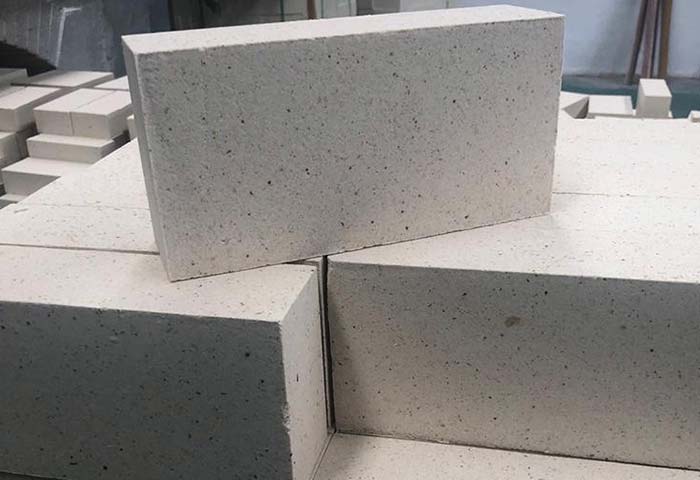
PER lightweight brick manufacturer offers a wide range of lightweight refractory brick types, as well as products customized to meet your needs in a variety of physical and chemical specifications. We ensure the best quality while keeping the sales price as low as possible. We believe in honesty and integrity as your most trusted manufacturer and reliable partner.
Over the years, we have supplied standard refractory bricks and profiled refractory bricks to various industries and companies. Our service philosophy is to provide fast, high-quality results for all of our customers.
Our products are subjected to stringent quality tests to ensure excellent performance over time.
PER refractories company has a large inventory of high quality lightweight refractory bricks. Contact us today for a better price on lightweight bricks.
Types of Lightweight Refractory Bricks
The raw materials for lightweight refractory bricks can be classified as clay, silicon, aluminum, and mullite. Lightweight bricks are insulated because they contain numerous pores (both closed and open). Methods of causing porosity include the addition of combustibles, foams, and chemicals.
A lightweight refractory brick system is a porous structure inside, with the insulation properties of fixed block insulation refractory products, also known as lightweight insulation refractory bricks. According to the raw materials used, lightweight refractory bricks can be divided into clay. Siliceous. High alumina. Lightweight bricks, such as magnesia.
The use temperature of lightweight insulating refractory bricks is about 900~2000℃.
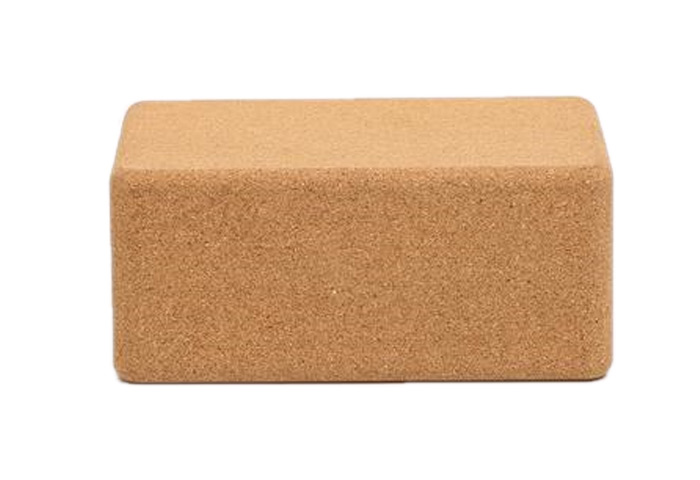
Lightweight Clay Insulation Bricks
Lightweight clay insulation brick is made of refractory clay as the main raw material of Al2O3 content of 30%~48% of the insulation refractory products.
Its production process adopts the combustion additive method and foam method. It is made of refractory clay, drifting beads, refractory clay clinker as raw materials, adding binder and sawdust, and is made by batching, mixing, molding, drying, and firing. The bulk density is 0.31.5g/cm3. product. The production of light clay insulation bricks accounts for more than half of the total production of insulating refractory bricks.
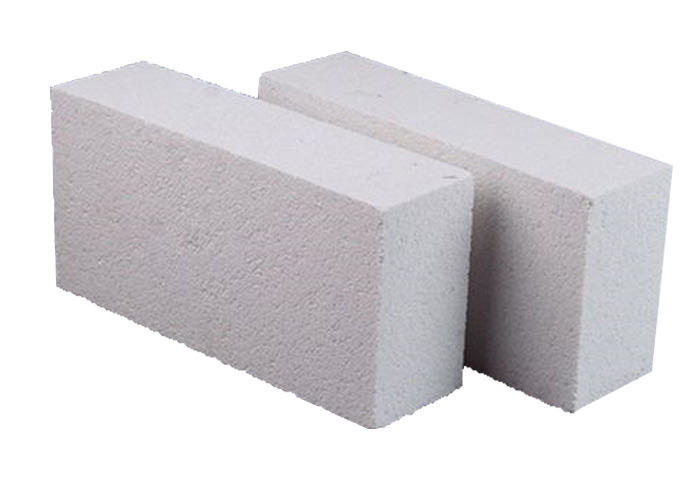
Lightweight Alumina Hollow Brick
Lightweight alumina hollow brick is also called high alumina heat insulation brick. The alumina content is above 48%, mainly composed of mullite and glass phase or corundum together. It has a bulk density of 0.4-1.35g/cm3, a porosity of 66%-73%, a compressive strength of 1-8MPa, and is widely used in ceramic tunnel kilns, roller kilns, shuttle kilns, and wall kilns. As well as in various heating and coking furnaces and other thermal equipment and heat treatment lining materials in the steel industry. etc.
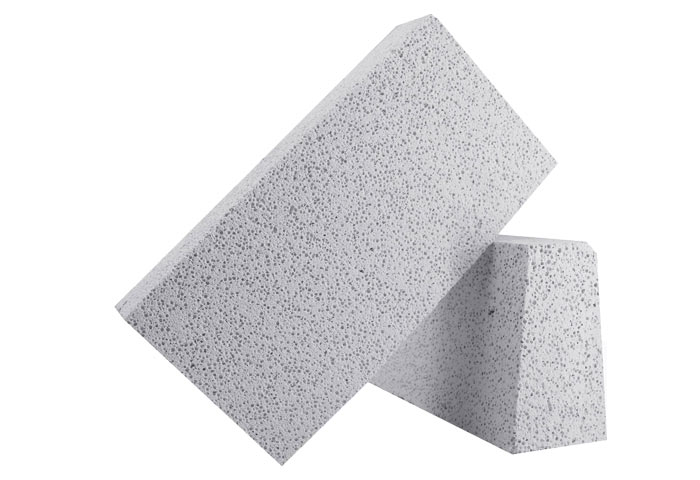
Lightweight Mullite Insulation Bricks
Lightweight mullite bricks are made of imported slab corundum and high-purity electrofused corundum as the main raw materials. High-temperature resistance up to 1790℃ or more.
Load softening start temperature 1600-1700℃, room temperature compressive strength 70-260MPa, good thermal shock resistance, high strength, low creep rate at high temperature, low expansion coefficient, small thermal coefficient, resistant to acidic slag erosion.
And it can greatly reduce the weight of the high-temperature furnace body, transform the structure, save materials, save energy, and improve production efficiency.
It is suitable for electric kiln insulation, various high-temperature rotary kilns, tunnel kilns, nitrous gas kilns, etc.
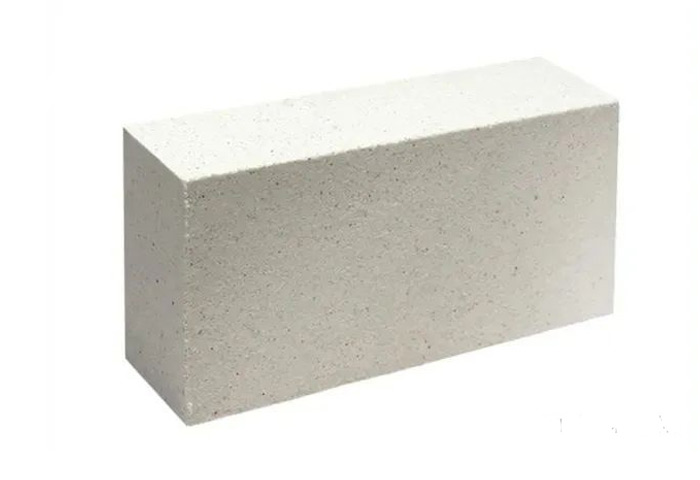
Lightweight Silica Insulation Brick
Light silicon insulation brick is made of silica as the main raw material of SiO2 content of not less than 91% of the insulation refractory products.
Light silicon insulation brick bulk density of 0.91.1g/cm3. thermal conductivity is only half of the ordinary silicon brick, has good heat resistance vibration, and its load softening start temperature up to 1600 ℃, much higher than clay insulation brick.
Therefore, the highest use temperature of silica insulation brick can reach 1550℃. It does not shrink at high temperatures and even has a slight expansion.
Advantages of The Lightweight Bricks Produced by PER Refractory
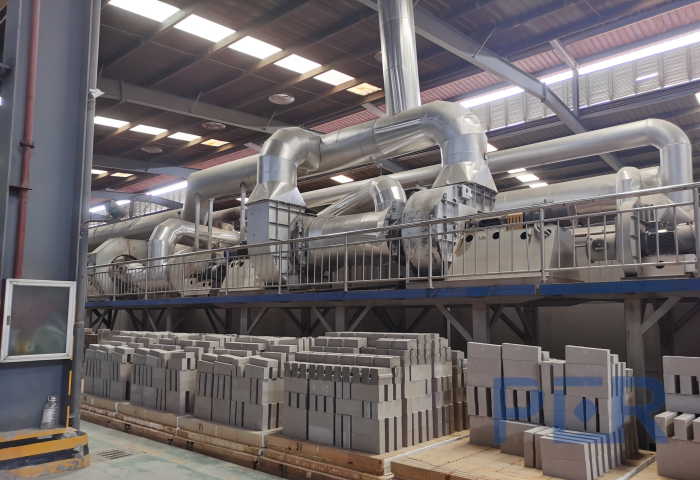
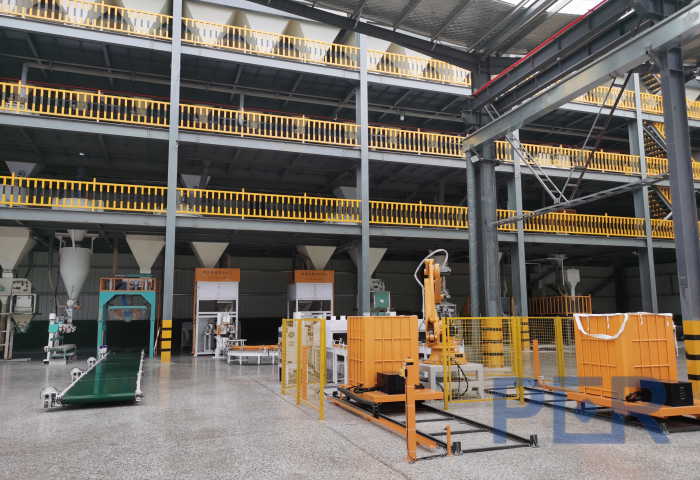
1. Lightweight: The most important characteristic of lightweight bricks is their weight. These bricks are much lighter than conventional bricks, making them easier to handle and transport.
2. Thermal insulation: Lightweight bricks have good thermal insulation properties. They have a lower thermal conductivity than traditional bricks, which means they can help regulate the temperature of a building more efficiently.
3. Fire resistance: Many lightweight bricks are fire-resistant, making them ideal for buildings in areas prone to wildfires or other types of fires.
4. Sound insulation: Lightweight bricks also have good sound absorption, making them an excellent choice for buildings in noisy areas.
5. Environmentally friendly: Many lightweight bricks are made from recycled materials, which makes them an environmentally friendly choice.
6. Cost-effective: Lightweight bricks are typically less expensive than traditional bricks, making them a cost-effective choice for construction projects.
PER Refractories is a professional manufacturer of refractory fire bricks. The lightweight bricks we produce offer a variety of advantages, including their weight, thermal performance, fire resistance, sound insulation and cost effectiveness. Because of the wide variety of materials used to manufacture lightweight bricks, builders can choose materials that meet their specific needs.
The Production Method of Lightweight Bricks
The reason for the heat insulation of lightweight heat-insulating brick is that the fire-proof brick contains many pores (closed and open pores). The methods that cause the porosity, i.e.
The production method of lightweight bricks
1. Adding combustible materials. Add the right amount of combustion additives to the mud, such as sawdust. Charcoal powder. Lignite or peat coke powder. Petroleum coke powder. Walnut shells, etc. The accessions are burned off when the fire-resistant bricks are fired to form pores. When the accessions are burned out, the ash should be less.
2. Foam method. Add a foaming agent to the mud, so that the mud produces bubbles. And add a fixing agent to stabilize the formed bubbles.
3. Chemical method. Add carbonate and acid, caustic alkali, aluminum, or metal and acid to the mud. The gas is produced by chemical reaction to make the product obtain air pores.
About PER Refractories Company
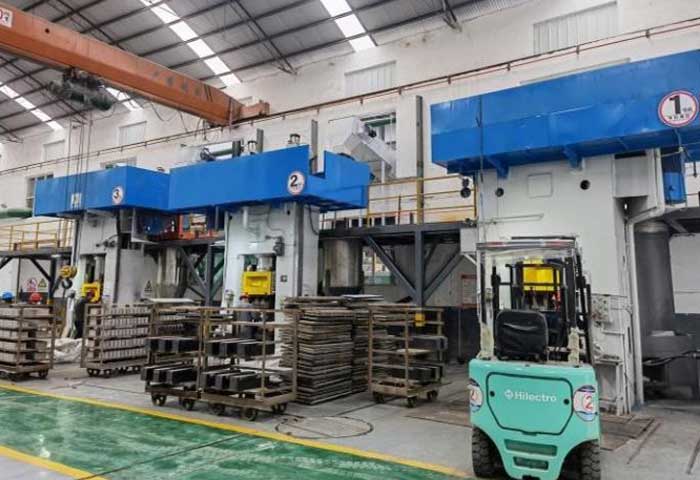
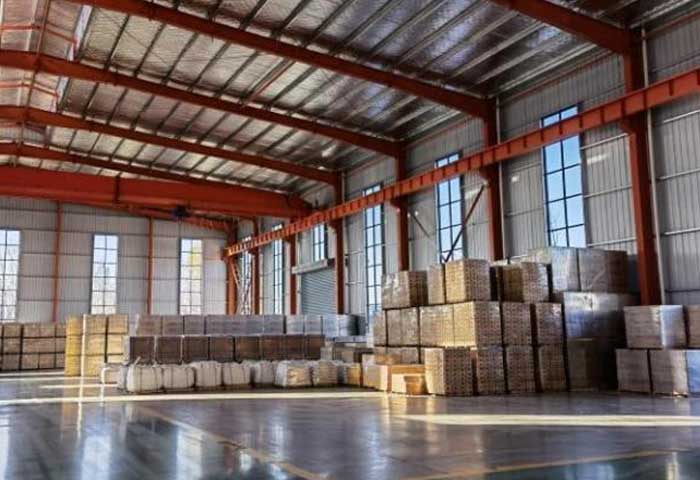
PER Refractories Company is located in Xinmi City, Henan Province, the hometown of refractory materials in China. Our company is a technology-based refractory enterprise integrating R&D, production, sales, and technical service. The rich resources and excellent quality in the territory provide unparalleled superior conditions for the production of refractory materials. Our main products are refractory clay bricks, high alumina refractory bricks, refractory silica bricks, magnesium refractory bricks, mullite bricks, insulation bricks, and other high-temperature-resistant products.
PER considers the most important thing, we believe in taking every product seriously and receiving every customer sincerely. To provide fast and high quality results for all our customers. PER Refractories will be your most trustworthy refractory manufacturer and reliable partner.
Company PER refractory is the production base of green, energy-saving, and environment-friendly new refractory materials. Our company has passed ISO9001:2008 international quality system certification and GB/T24001-2004 / ISO14001:2004 environmental management system certification, enterprise-quality inspection agency certification. Our products are sold well in more than 20 countries worldwide. They are the preferred refractory products for metallurgy, non-ferrous, petrochemical, glass, ceramics, and other refractory industries.
